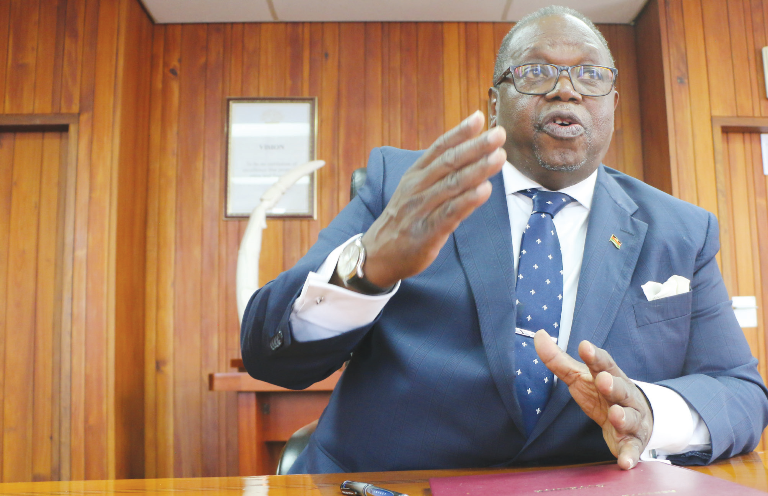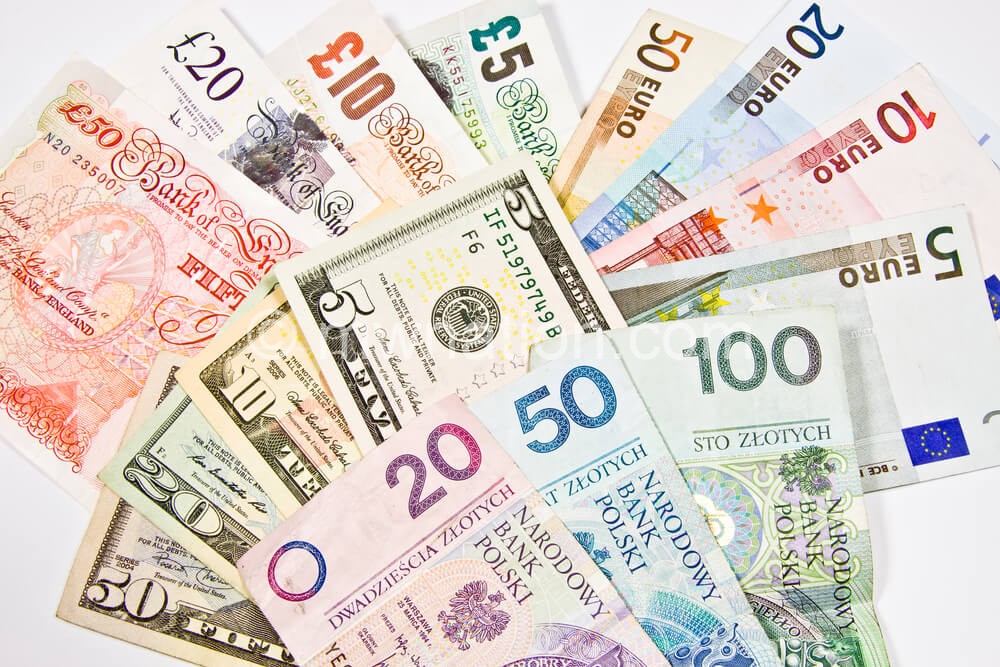Kwacha gets 25% weaker
Desperate to stimulate the economy and woo back foreign donors waiting for an International Monetary Fund (IMF) cue, government on Thursday devalued the kwacha by 25 percent.
But the adjustment, while a necessary evil to boost exports and trigger balance of payment inflows that bring foreign currency, will further raise prices of basic items and fuel.

In a stament released last night, Reserve Bank of Malawi (RBM) Governor Wilson Banda justified the move, saying the central bank’s earlier interventions to improve foreign exchange liquidity challenges and its effects on the exchange rate have had little or no impact.
The RBM, among others, temporarily reintroduced the mandatory sale of 30 percent of export proceeds to the bank, continuously intervened in the foreign exchange market and closed the arbitrage opportunity arising from the fact that only trades denominated in the US dollar were subject to the reasonable difference on spreads rule.
The central bank’s decision comes in the middle of negotiations between IMF and the Malawi Government for a fresh economic programme called the Extended Credit Facility (ECF).
To secure the facility, government has to agree to adjust its economic policies, which include monetary policies such as the exchange rate, to deal with economic problems.
The ECF could help Malawi to rebuild balance-of-payments viability, restore macroeconomic stability and lay a strong foundation for sustained growth high enough to dig millions of people out of poverty.

By making foreign exchange expensive,the central bank is simply trying to fend off some demand side pressures on the exchange rate.
Such a development, coming at a time when global prices are soaring due to the war between Russia and Ukraine, would bring a new wave of inflation which will impact the welfare of Malawians and further contracting the economy, economists have warned.
In a paper titled ‘Is devaluation an option for Malawi’s current debt challenge’, economists Thomas Chataghalala Munthali and Frank Ngalande have warned devaluation would cause more harm than good.
“The only case for justifying devaluation in Malawi is simply making efforts to bring more of the forex into the official avenues so that those with forex should be encouraged to sell to official dealers such as banks or bureaus because the buying rate with the parallel market will not be very different,” said the duo.
According to Munthali and Ngalande, there still remains a danger of chasing the parallel market rate in an economy like Malawi, which does not produce enough exports to earn more forex.
Reads the paper: “If directing forex into the official avenues is to ever be the premise for justifying devaluation under the ECF being negotiated with the IMF currently, then it has to immediately be supported with huge initial inflows of balance of payment support from the IMF itself and the other development partners.”
In an interview last night, market and economic analyst Bond Mtembekeza observed the move is one of the last resorts a central bank can employ to stabilise a currency, but it comes with its own grave implications, especially for a net importing country like Malawi.
“In any case, economic agents import anyway and they transfer that cost to consumers which raises prices across the board. As such we should expect further pressures on inflation,” he said.
On his part Malawi University of Business and Applied Sciences economics professor Betchani Tchereni said Malawi being a an importing economy, devaluation of the currency is a concern as prices of almost all commodities will rise and a section of the economy regarded as middle class will be wiped out.
But Banda said prices in the shops already reflect to a larger extent the bureau cash rate, as such aligning the authorised dealer banks TT rate with the bureau one should not lead to further price increases.
He said in the short term, the move to a unified market-clearing exchange rate will also make it easier for companies to manage their businesses and so strengthen the economy.
It was exactly 10 years ago this month when the Joyce Banda administration devalued the kwacha by 49 percent also at the height of forex shortages, donor aid freeze and rising prices.





